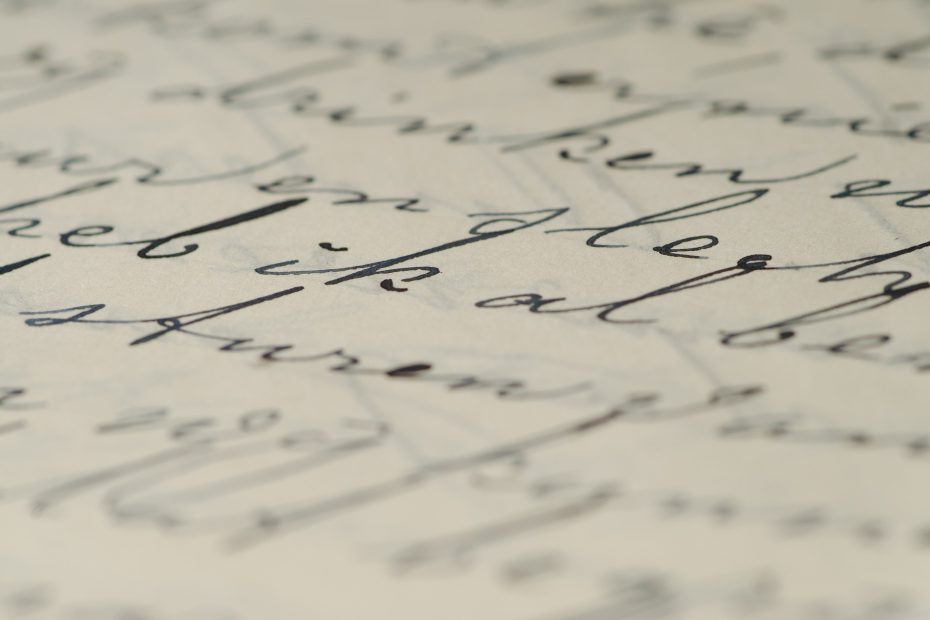Writing a full-length novel is something I have done three times now. To some, that might seem like a lot, while to others, it might seem like nothing at all. However, let me tell you, writing full novels is a tough chore, and “chore” is not an uncharitable word. It’s why so many people start but do not finish. I imagine the reasons for not finishing are many and varied. But let’s dive into my own experiences and explore why the writing process is so long and sometimes incredibly difficult.
Writing is a lengthy task.
The most apparent thing to note is that writing 60,000 to 120,000 words (depending on your novel’s genre) is already an arduous task. At a pace of around 1,500 words per day, you need to write solidly for 40 days to produce a 60,000 page first draft. The National November Writing Month (NaNoWriMo) challenges you to generate a novel within 30 days. It’s doable, but you can already see that it’s not straightforward. If 1,500 words seem relatively trifling to you, then I tip my hat. For me, it wasn’t something I actively monitored, but it’s definitely something that I would be happy to have at the back of my mind every writing moment.
If you’re someone who demands that number of words from yourself, I can see how it might help to have a target. But with targets come the possibility of failure.
Fortunately, I never worked that way. But I also rarely put myself in a situation where that was even a concern. I subscribe to something similar to the “snowflake method” (https://www.advancedfictionwriting.com/articles/snowflake-method/), but with distinct variations. To begin with, I generate a long-form document with a full synopsis of the story. Character elements, jokes, and scenes – most of which would not become part of the synopsis – but I’d add them to separate documents. This generates a document of somewhere between 5,000 and 10,000 words, from which I then split the bulk into ordered chapters and then scenes in a better app than Word (e.g. Scrivener or yWriter) and monkey around with them until I’m happy. From that, I build the text, usually in chronological order, but I definitely bounce around.
I have multiple novels in this split/snowflake-type format, all ready to work on. It helps with motivation, and it helps define the piece before I start. However, I would say that I still don’t believe I have a “first draft” until the whole thing is done and at least 50,000 words.
Writing is hard.
Boy oh boy, is writing actually difficult. That’s definitely not a question. What I think is probably hard for non-writers to understand is that what you produce in your first run-through is absolutely not fit for purpose. You may be an excellent and experienced writer and find that all your preparation has given you an immediate end result that simply needs fine-tuning. I am not that writer. My first drafts are broad-strokes as planned, but missing so many fine details that make the plot actually work as a written piece.
Drafts are a key part of writing ANYTHING, and there is a lot of information about how many version-numbered drafts you ought to generate per written piece. Personally, I don’t stick to those. I figure I probably have two drafts: the first being my expanded snowflake-a-like piece, the second being a fully-fledged piece of work.
However, it all depends on your definition of a draft. I then go through a pretty hefty series of content edits. I also can’t help myself but line edit. It’s bad, and it’s stupid at that stage, but it’s so difficult to ignore syntax problems.
Editing is even harder.
Line edits are the absolute bane of my existence. I am also rather poor and do not have the funds readily available to hire an editor for every project. I have done so in the past and found it incredibly worthwhile – not least for those times when your beta-reader (or friend or family member) who considers themselves highly competent at editing smugly tells you that you’ve done something wrong. Following a professional edit, I feel fairly strongly that you can just tell them to go to hell. Not really, of course – you’re much too pleasant for that. But boy, is it tempting. Can I address this to people who are like that: if you see a typo, it’s a typo. Not an error or a spelling mistake. A typo. You didn’t like the character because he has brown hair, and you read somewhere that this is a symbol of a gaslighter? Go directly to hell. Do not pass Go.
Proofreading is mind-blowing.
And then, when you think you’re done with your edit, you’re ready to read the thing through.
I read my latest novel approximately 20 times. I listened to it (courtesy of amazing AI screen-readers) four times – all the way through.
If you think you hate your novel after you’re done with line edits, just wait until you’ve experienced it more than two dozen times. It’s a killer.
Writing is a mind game.
It really is all in the mind. You carry your book with you constantly, and especially during the proofreading stage, you become absolutely at one with it. You’ll doubt the position of every word and the cadence of each sentence. If you allow it, it will hurt you.
But don’t let it. If it’s good, you’ll know it. If it’s bad, move on. Writing is a mind game, but you have put in so much work. Well done. Now let it breathe.
